Der to huwa hai lekin andher nahi huwa; Supreme Court dera aaye, durust aaye (Better late than never). The Supreme Court (SC) has taken the Modi-Shah Bull by the horn and bluntly asked why the century-old anti sedition laws of the British are being invoked and implemented when the coming Independence Day will be 74th! True to form, the Attorney General Mr. Venugopal has adopted a conciliatory tone; he has assured the SC that the Centre is thinking on similar lines... This is becoming a habit of the present Centre-the moment you ask a question they say they too are pondering it...
The SC has observed three anomalies- firstly, that the laws were enacted and enforced by the British; secondly, conviction rate under these laws is very low and thirdly, rather school-marmishly, quipped -a saw is given to the carpenter to make furniture and not to cut down trees. Is the SC so naive as to suppose the growing numbers of the accused (over 10k since 2010 in over 800 cases of which 65 percent were charged after the 2014-advent of NaMo) is really an act of omission? Is the SC totally ignorant of the pedigree of NaMo-Shah to believe in chastising them with homilies? Ordinary politically awake citizens know that these are no carpenters but axe-happy woodcutters (like trigger-happy American soldiers busy in killing for world peace) out to destroy all opposition- even within their party: remember Yashwant Sinha?
While the SC should be rightly complimented for these pertinent remarks and reflecting the feelings of true democrats in the country (the situation on the ground is worrying-SC) one feels that the SC should also undertake an analysis of the Indian peculiarity of throwing up a dictator like rulers through generally properly conducted elections over the last 70 years. A look at the tenures of three such omnipotent and therefore omniscient PMs- Nehru, Indira, and NaMo should be an eye-opener. All the other PMs, with the possible exception of A B Vajpayee, never enjoyed such total support of the majority.
Nehru was, so to say, PM by 'Divine Right'! The 1940s eliminated his two competitors- Patel and Bose- and also witnessed the assassination of Gandhi. With the marginalisation of Rajaji Nehru towered above all within and outside Congress. He had everything needed of a statesman- charisma, scholarship, both written and spoken articulation, international vision. The only thing he lacked was knowledge of how to govern a phenomenon like India. But he enjoyed the benefit of the doubt in that. Omniscience was thrust upon him by both fans and critics. He always spoke and acted from above: there was no question of anyone advising or correcting him. My generation heard the stories of his 'know all' powers ad nauseam. Even his staunch critics like Lohiya conceded-He is the lion in the parliament: all of us are mice.
Nehru, we are told, believed in democratic institutions and invited all to speak freely inside and outside the parliament but rarely perhaps within his party-the Congress. There is reason to believe that he 'heard out' his critics but rarely 'listened to them. Perhaps that is why he was almost fatally hurt by the Chinese betrayal in the last act of his political tragi-comedy. In such a milieu there is no wonder that he never had reason to invoke the sedition laws.
Come Indira Gandhi in the driver's seat and the downward journey of the PM's office starts. Indira was half-educated, without scholarship of any kind, her reading was unknown, there was no writing on her name and she had been a loner till then. She had equals within the party (but they succumbed to her pedigree) and superiors outside like Jay Prakash Narayan who were past their prime. The bold stance she took against the deadwood within the Congress fooled the Left to see in her an Indian Joan of Arch. The Right was as usual confused ideologically and sterile in political agenda. Indira thus started the wave phenomenon in elections: three waves went in her favour and one against.
Charging the political opposition with near sedition started under Indira: only two instances should suffice: she had asked people to defeat Madhu Limaye at 'any' cost and likened Vajpayee to Hitler(how unfair on Hitler!). It is known by all that she charged JP with near sedition when he had appealed to the police and army to follow their conscience if the state orders were unfair. The Emergency and the infamous MISA were nothing but branding the entire political opposition as traitors and locking them up. So if Nehru was smeared with omnipotence and omniscience, Indira grabbed omnipotence by the massive mandates she received. Since she ruled in torrid times it was mandatory to take resort to the 'Indira is India' slogan.
Rajiv Gandhi got perhaps the highest number of seats ever in the parliament but that was a post-humous tribute to Indira. Worse still, he had no qualities of Grand-dad and Mom and his career was tragically cut short while he was on the march towards omniscience. His adventure was badly hit by the Bofors scandal and ushered in the age of coalitions at the centre for over two decades. Rao and Vajpayee were seasoned and senior politically but had to listen to both sense and nonsense to stay in power. It was impossible to charge any individual/s and/or parties with sedition: either all were patriots or all were traitors.
While the country was suffering the pangs of coalition politics at the helm NaMo was quietly emerging as the man who would get things done in a corner of India. Circumstances both within BJP and the crisis in Congress-I propelled him to the top: the non-Congress, non-BJP parties too helped his rise through their abortive rigmaroles to offer a third alternative. Omnipotence was handed to him on a platter by the voters in 2014 and more so in 2019. He lacked everything Nehru-Indira-Rajiv had. Despite obscure origin, education unknown, scholarship invisible, limited administrative experience, total ignorance of world politics he grabbed omniscience within BJP ('Kaun Atalji?' he is reported to have roared), and the electronic media overnight. In a way he simplified the issue of national good: you are a patriot if you are on his side-a a traitor if not!
Nehru hob-nobbed with the Chinese at national peril, Indira locked up all opposition for 18 months and no questions were asked to both. NaMo has dabbled with everything from supreme ignorance (recall the juvenile patriotic blah blah on 'Manki Baat'?) he has donned the 'Mr know all' garb none of his 'bold' initiatives have been successful, yet he is omni-scient because the voters have made him omni-potent!
Our leaders are all humble till they dupe the voters and get elected. Unfortunately, the Constitution has no provisions to recall the representatives who have failed the voters, and they turn into predators once they are in office: higher the office stronger is predator-instinct. 'People are with Us' they profess and blatantly ignore the real needs of the people. The voters can refuse to re-elect them but public memory is short and the predators are experts in diverting voters' focus by raising the 'Desh khatare mein hai' bogey. Worse still, the damage done by these 'democratic dictators' cannot be easily undone and that too costs a lot.
The SC rightly says that the ground reality is worrying. The death of Father Swamy has rightly been criticised by Human Rights Champions at home and abroad. But that should be the beginning and not the end. The real challenge is to root out the hero-worship habit of our voters who need to be constantly reminded that no individual is above the People (sic Nation) in a democracy. Retired members of the judiciary can play a big role in this. At present, they generally write memoirs, sit on inquiry commissions and the more astute join the buttered side of the bread and find positions of power. All of them generally possess excellent powers of spoken and written communication (they would have succeeded in their profession otherwise) which need to be applied to the enlightenment of the one billion Indian voters.
There is another issue that the SC could look into. Are Sedition laws the only colonial laws in India? Every now and then a section of people complains that the laws applied to them are' colonial'-for example there is a lawyers' group in Maharashtra (Kisanputra Andolan) arguing against the current acquisition laws for agricultural land. There will certainly be other such groups with the same grievance. Now that the SC has taken the bull by the horn it can go a step further; get proactive (instead of waiting for PILs) and review and initiate amendments of such laws.
Premachand, the great Hindi novelist had remarked, 'John ki jagah Janardan laanese koi fark nahi padega' and Sharad Joshi had observed-'after independence the white Britisher was replaced by the black Britisher!'
Judicial activism with a difference is the need of the hour.
- Vinay Hardikar
vinay.freedom@gmail.com
(The writer has been working in the public sphere of Maharashtra for the last five decades. His versatile personality has several dimensions, but the primary ones remain to be that of an established writer, journalist, editor, critic, activist, and teacher.)
Click here to read all the articles from the series Hard(ikar) Talk
Tags: Hard(ikar) Talk Sedition Law Supreme Court Judicial activism Sharad Joshi Narendra Modi Amit Shah Indira Gnadhi Atal Bihari Vajpayee Jawaharlal Nehru Yashwant Sinha Load More Tags

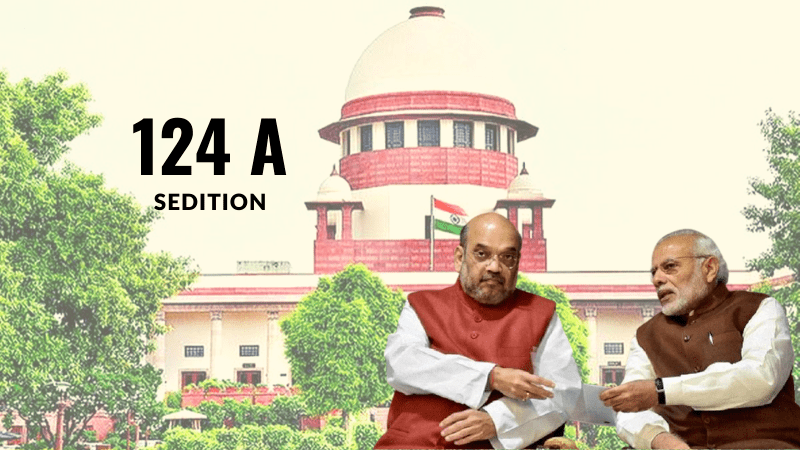

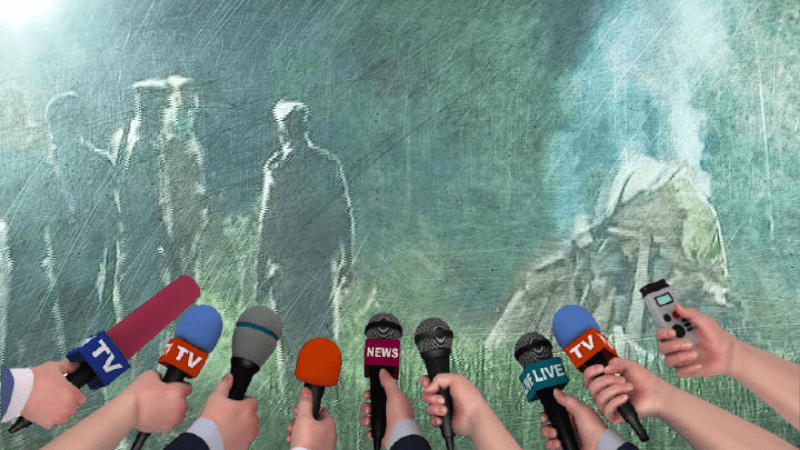
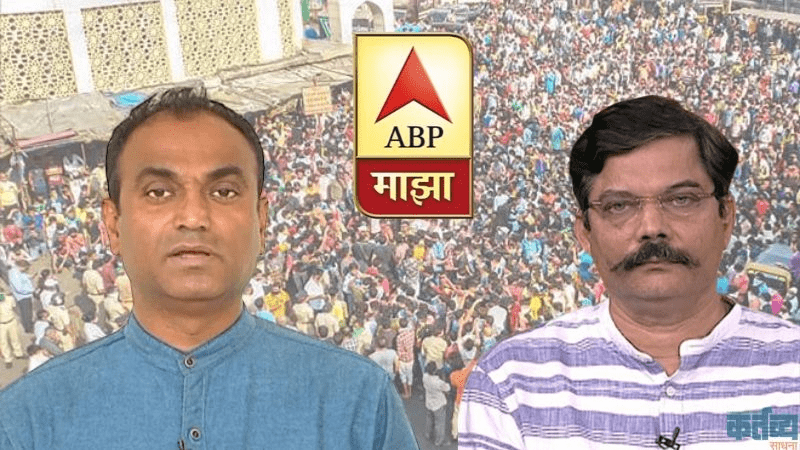
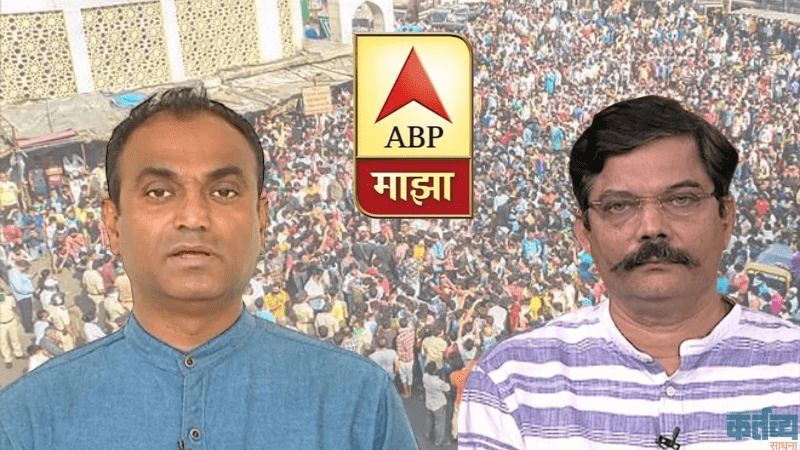
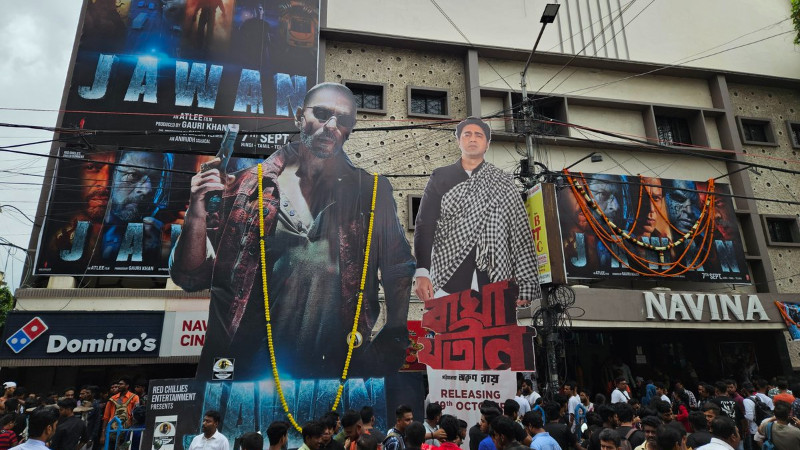
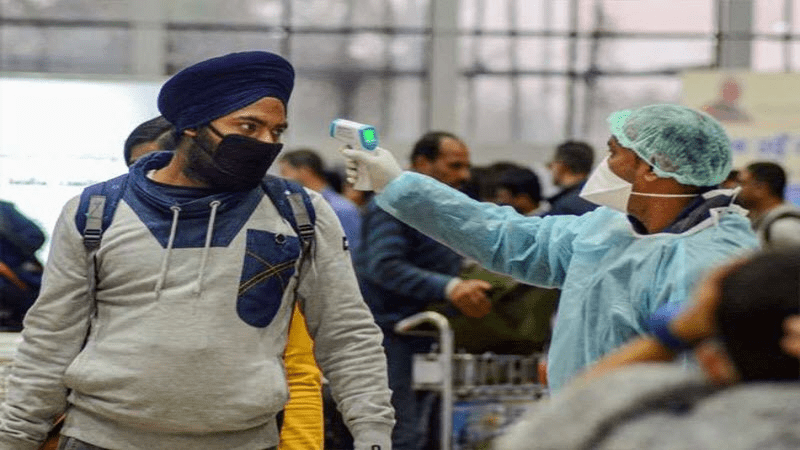
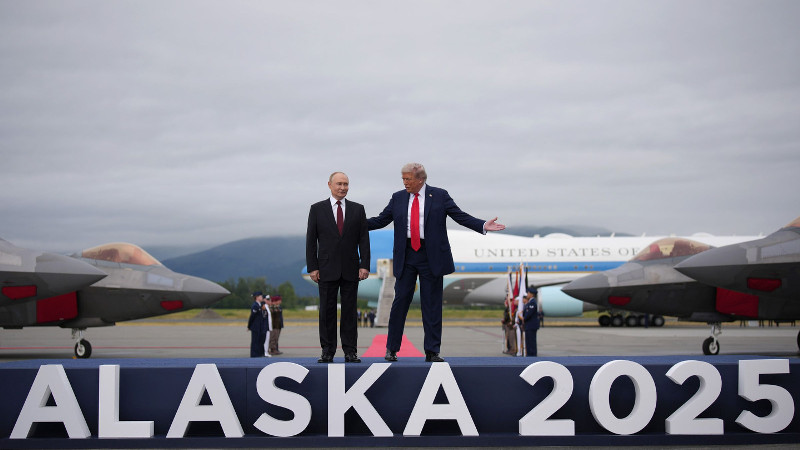

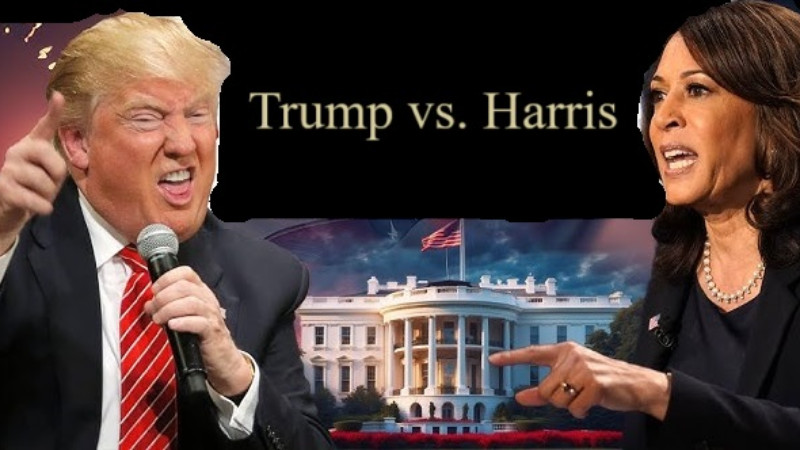

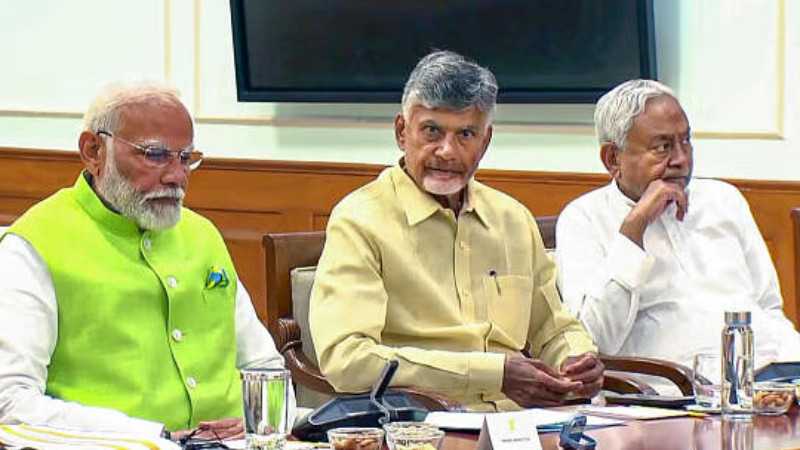
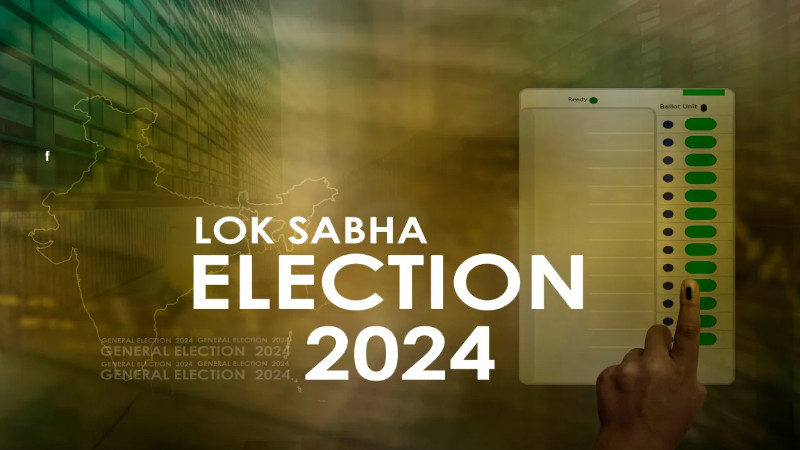
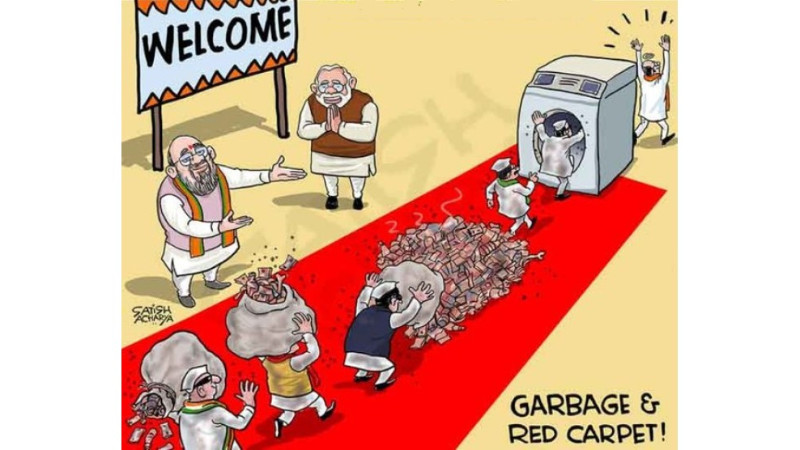
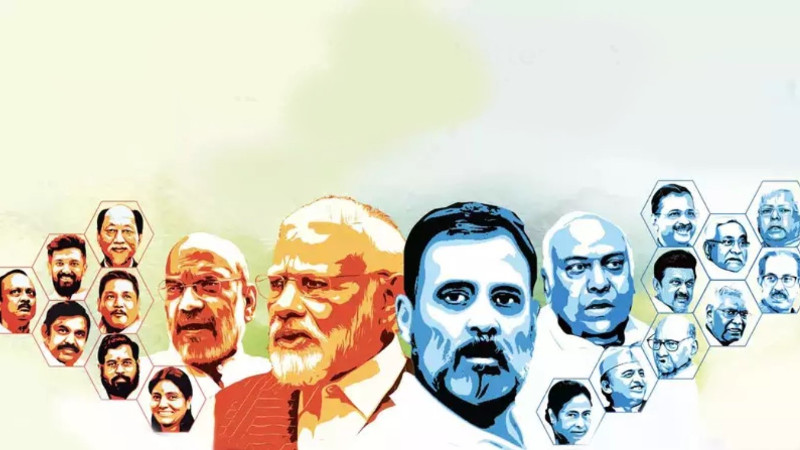
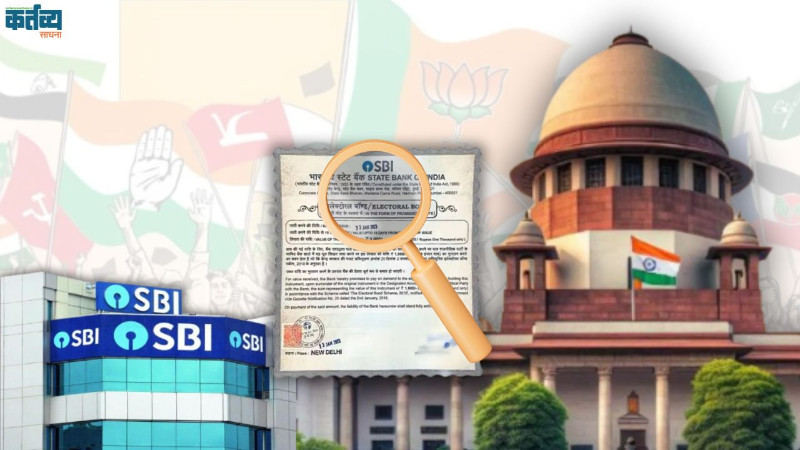
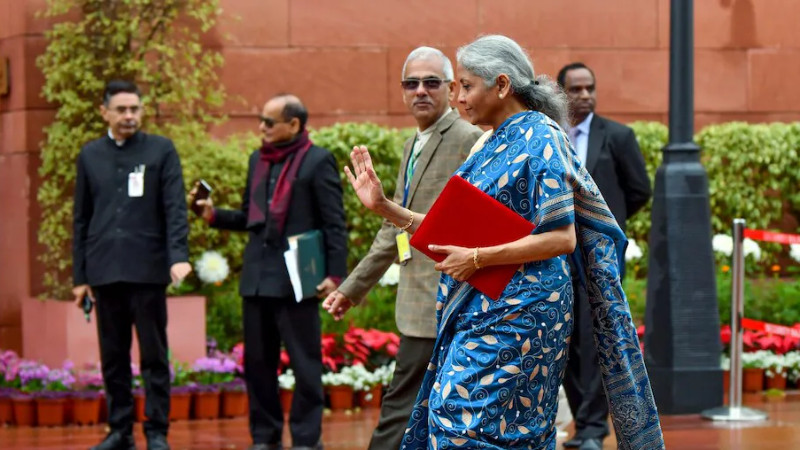
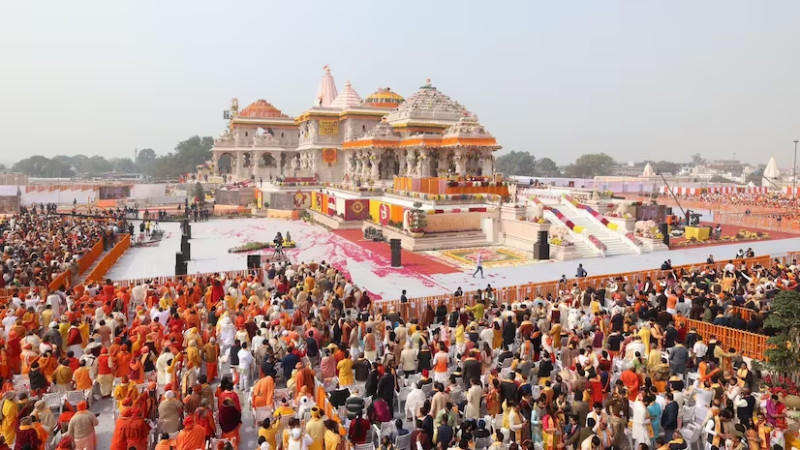
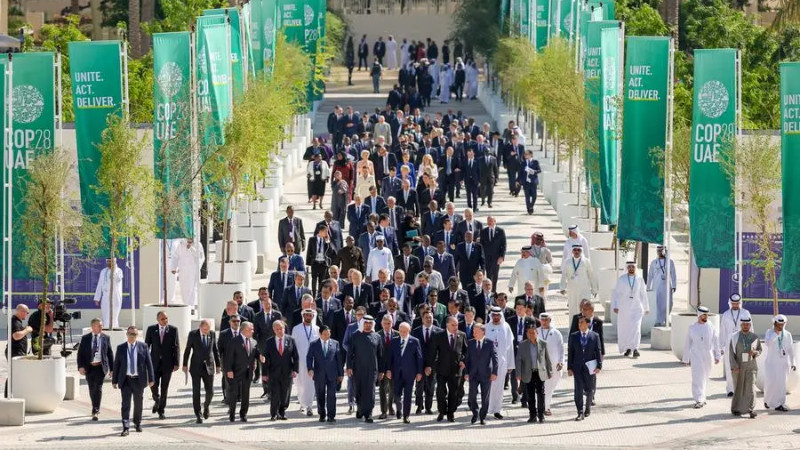
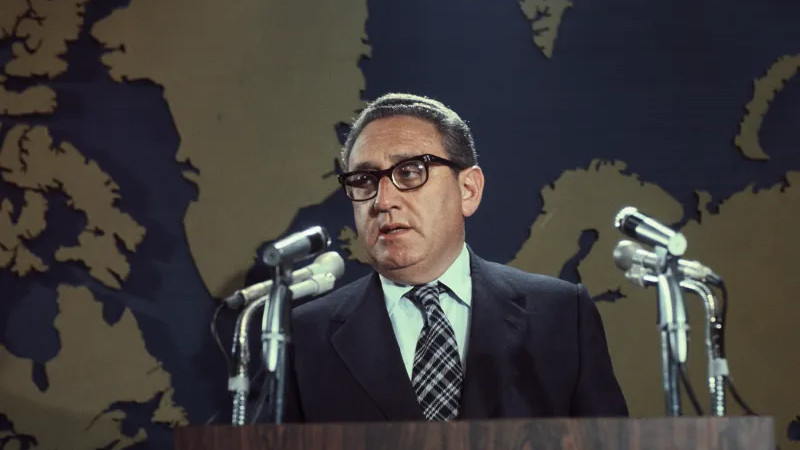
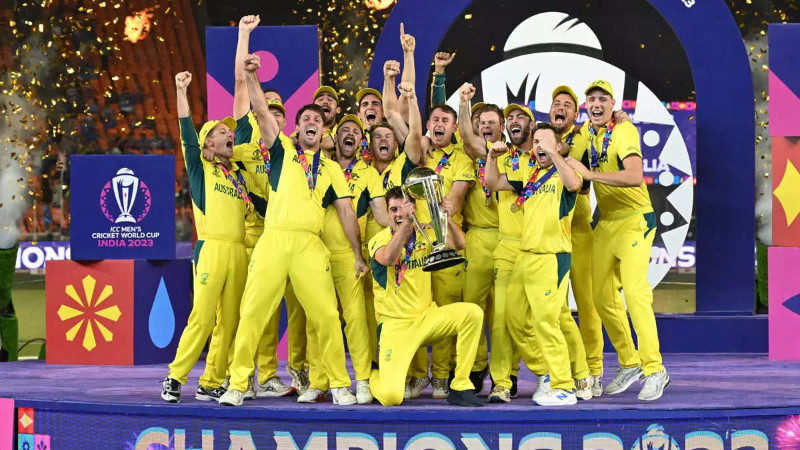
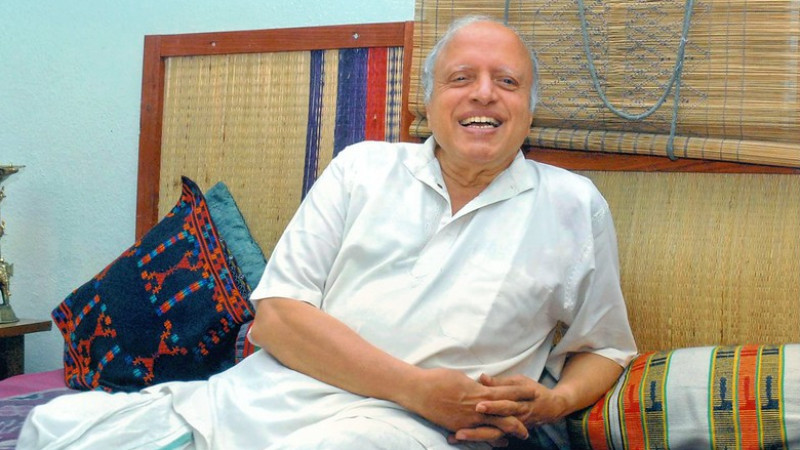
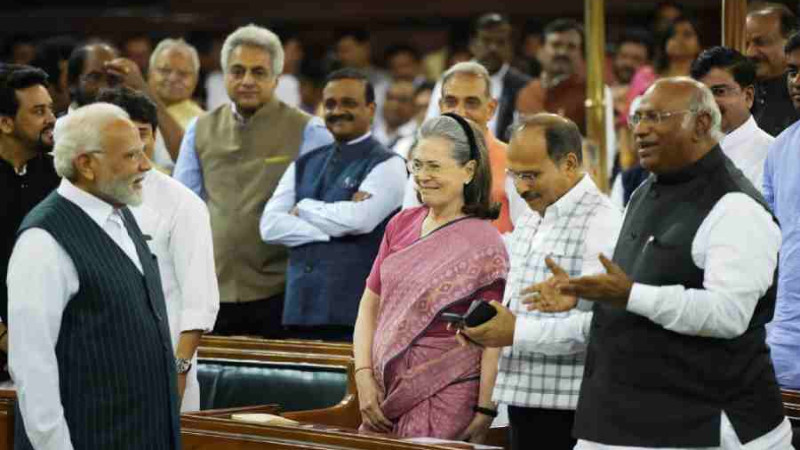
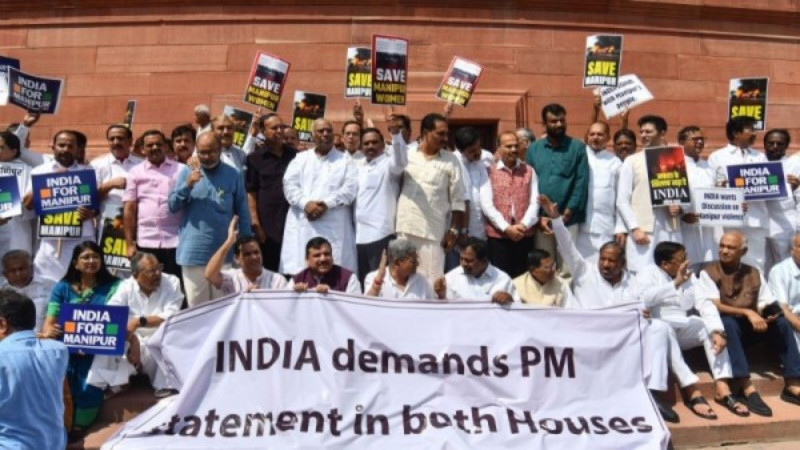
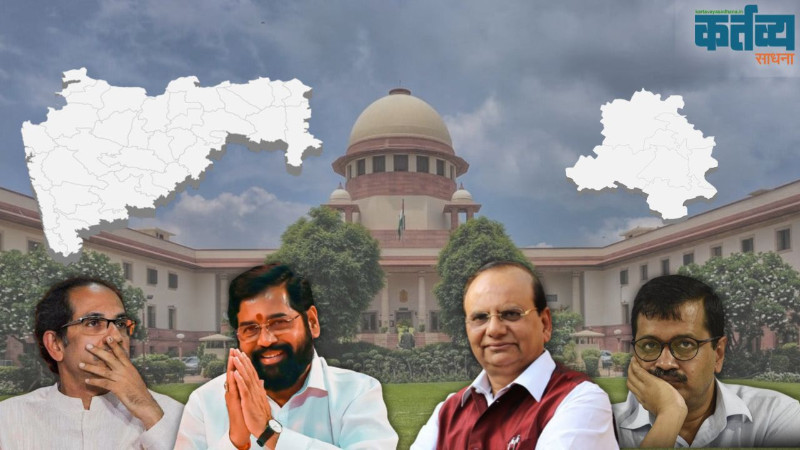
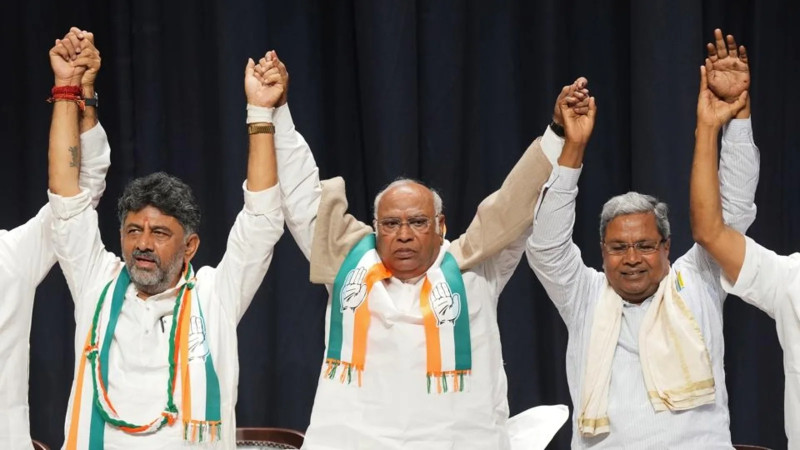
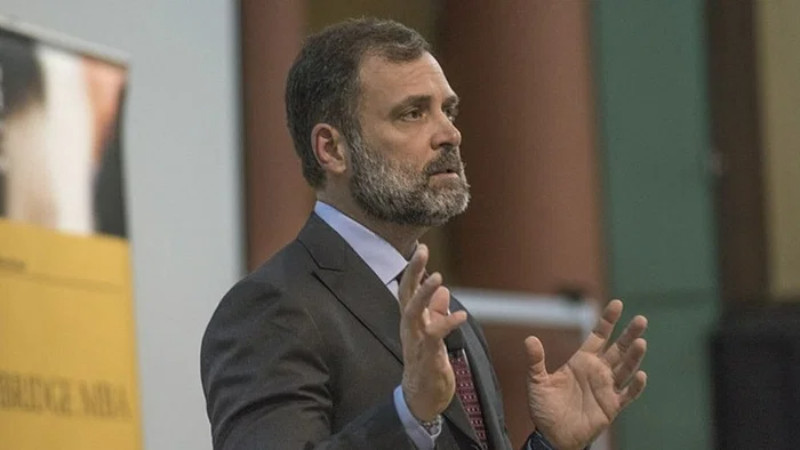
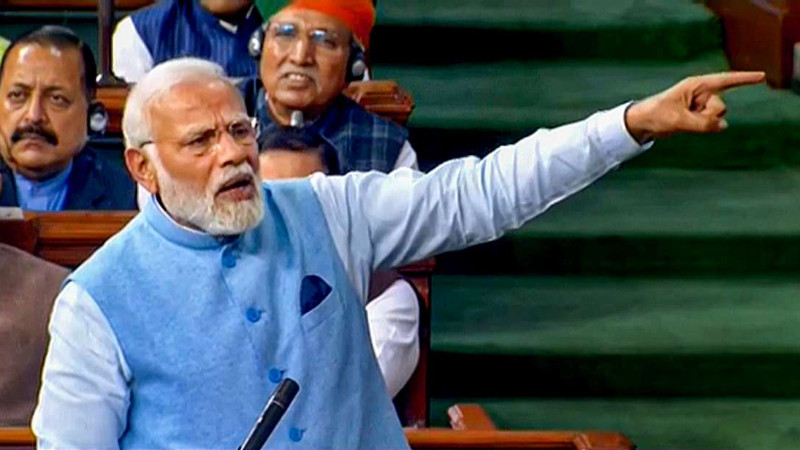
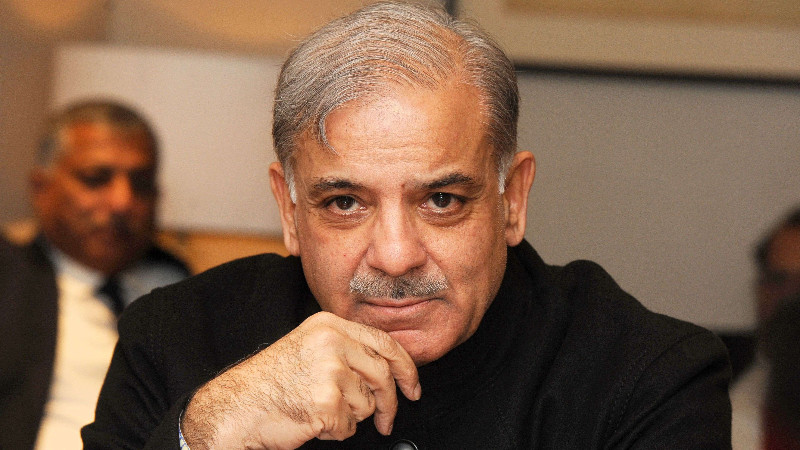
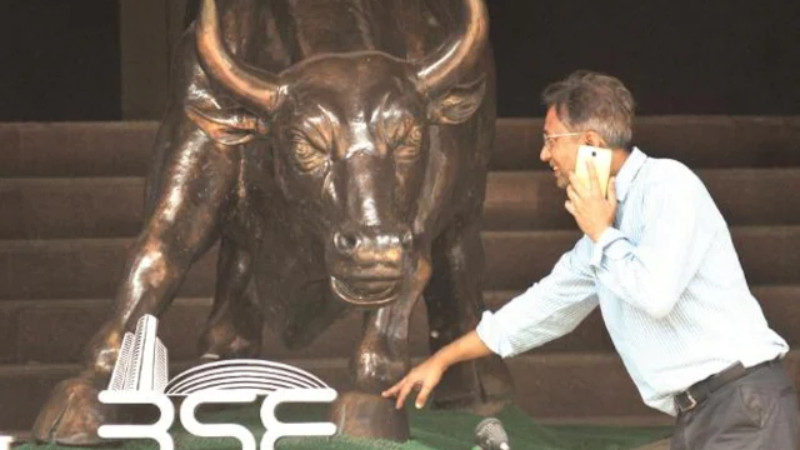

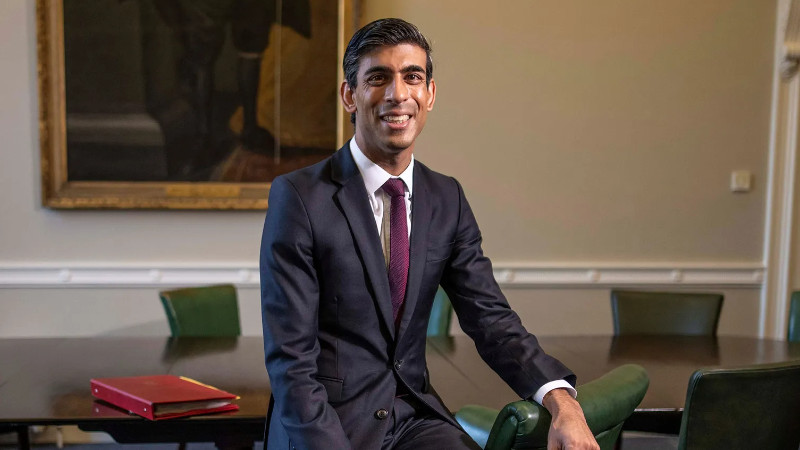
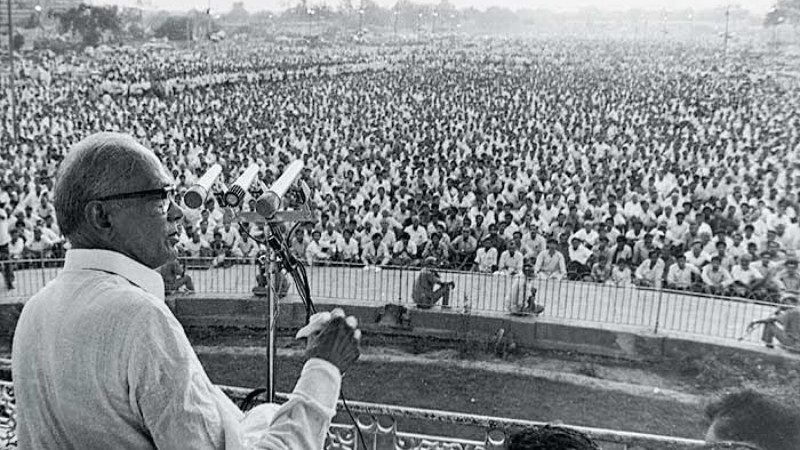

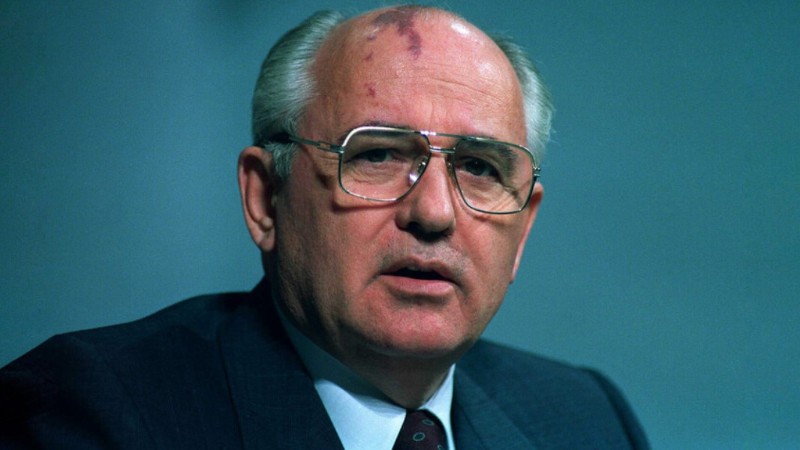
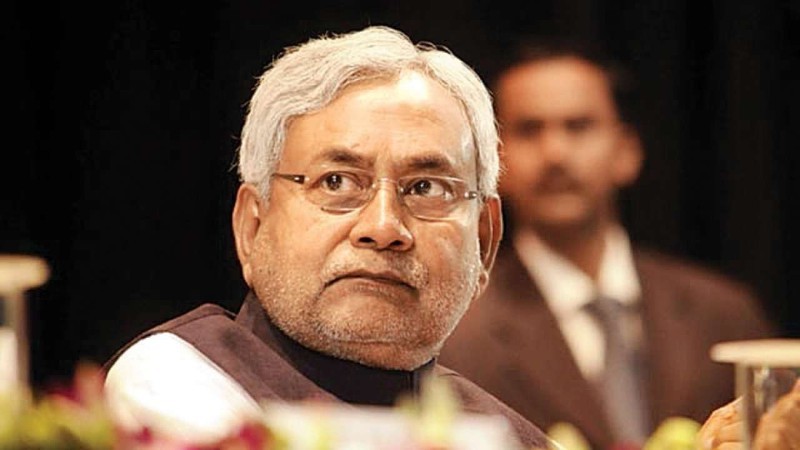
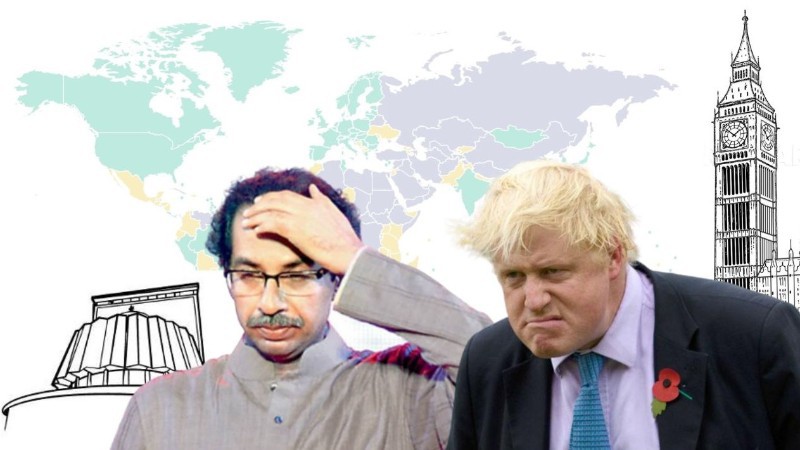

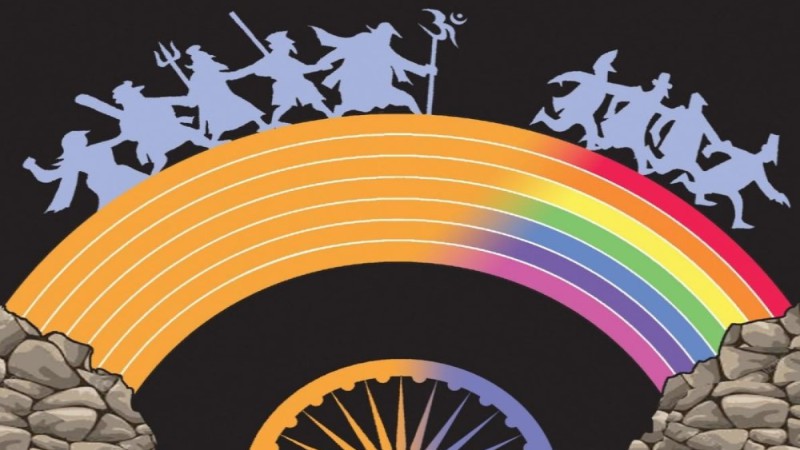
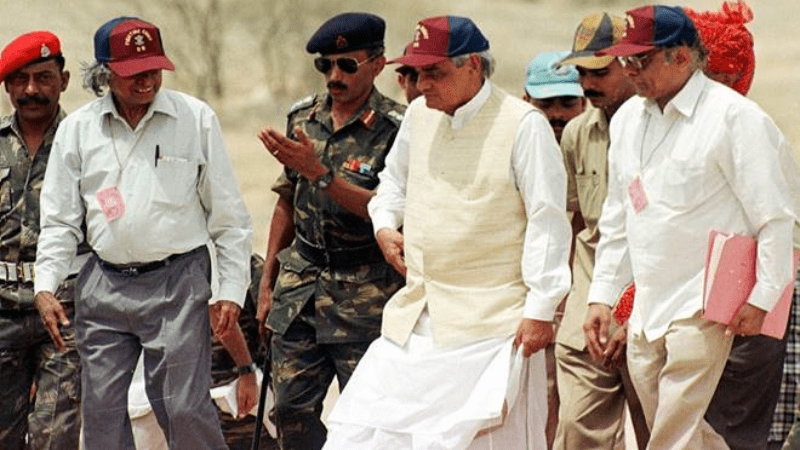
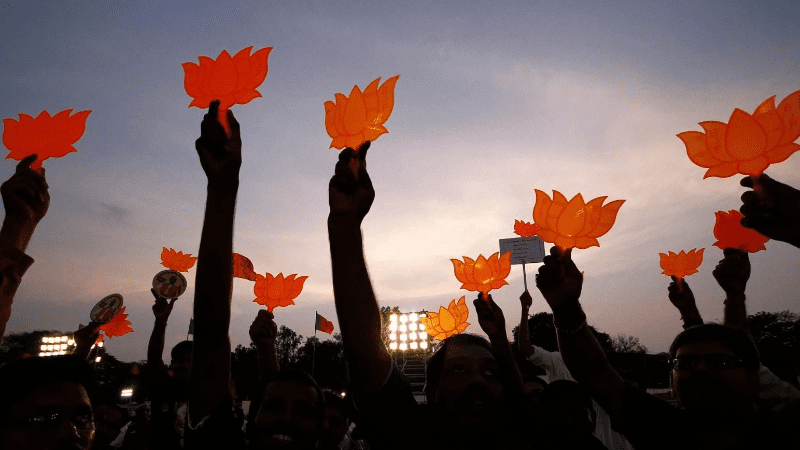
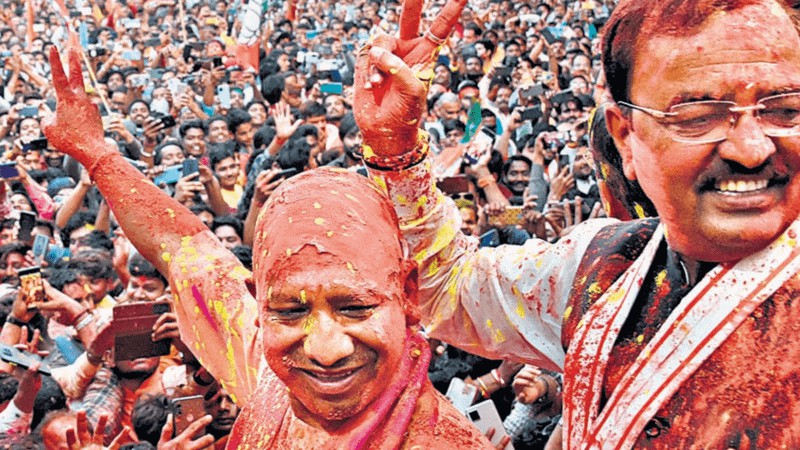
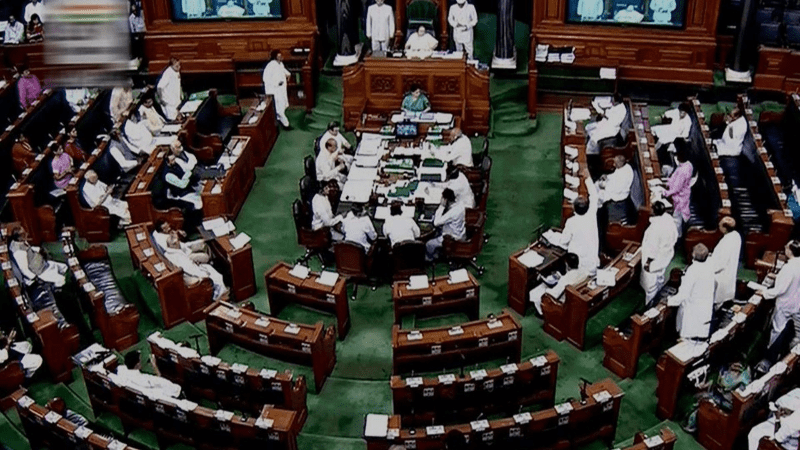
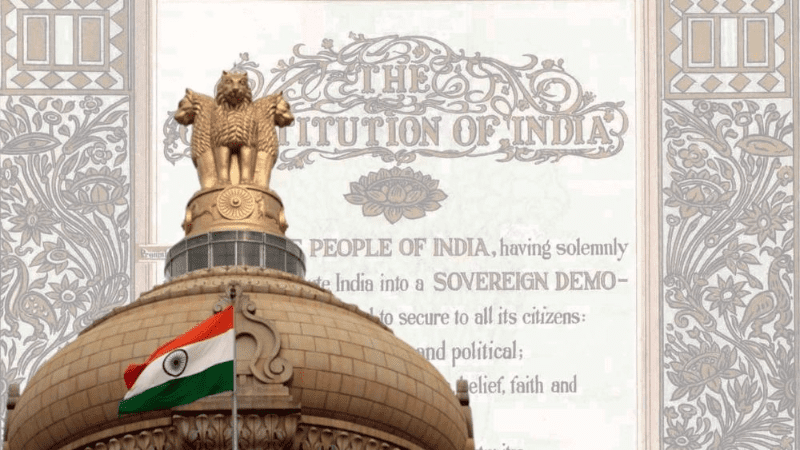
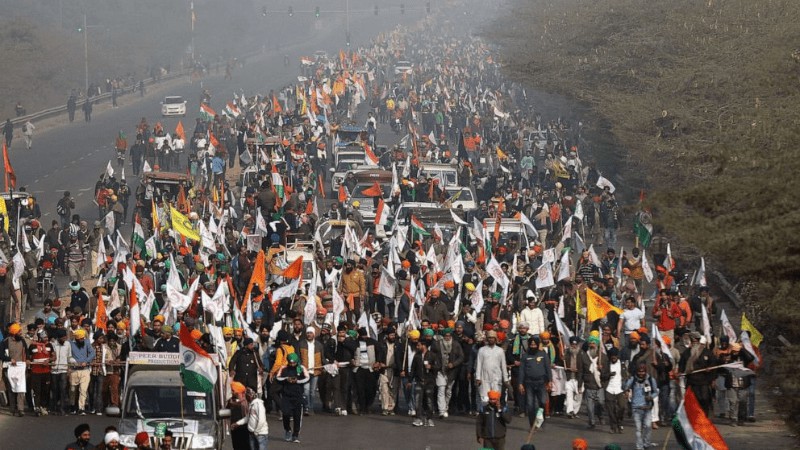

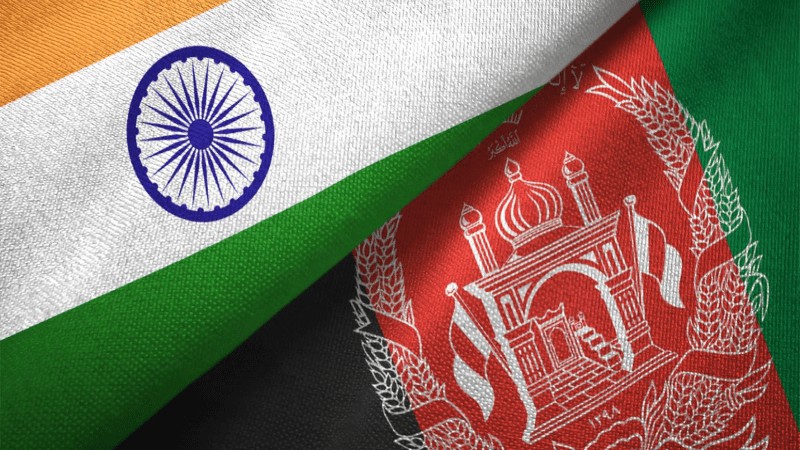
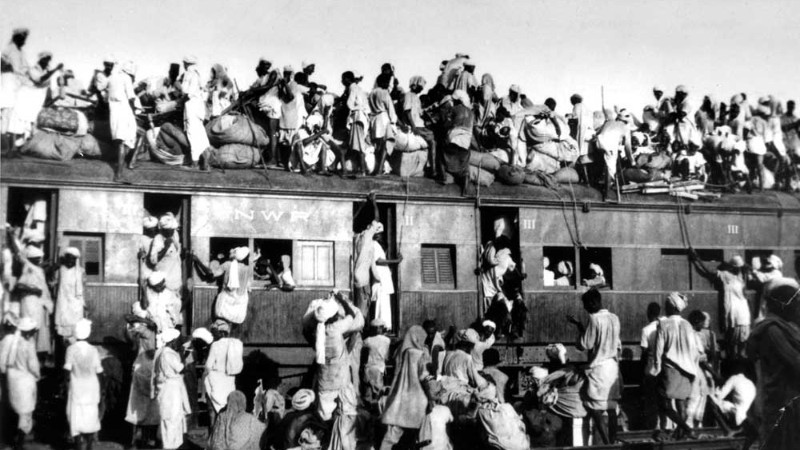
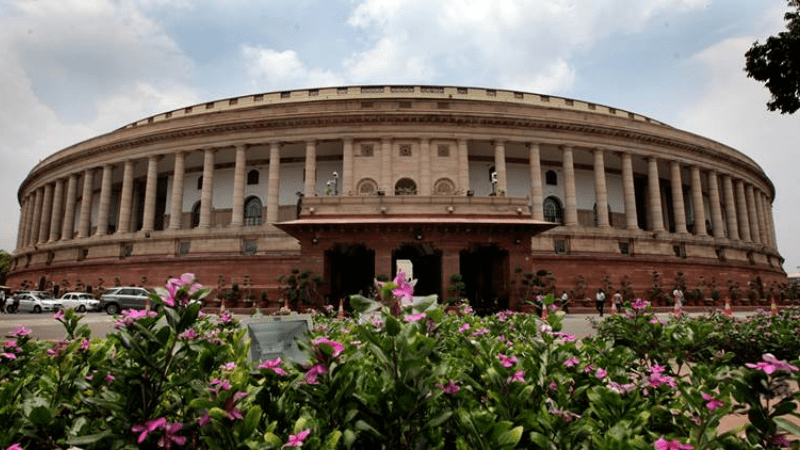
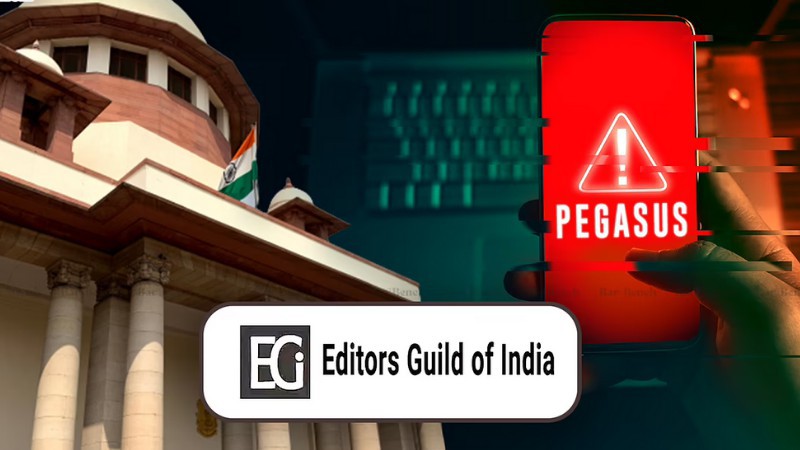
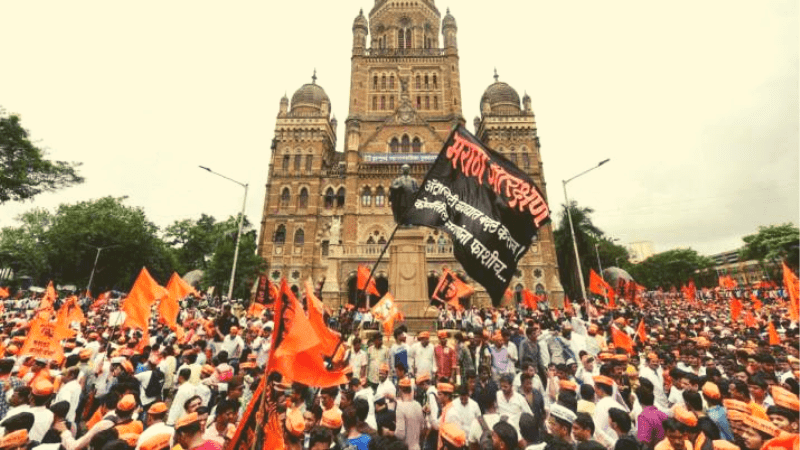
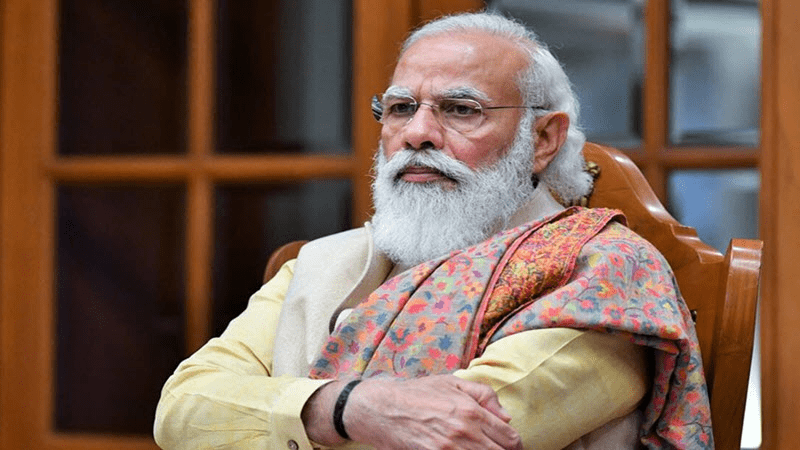
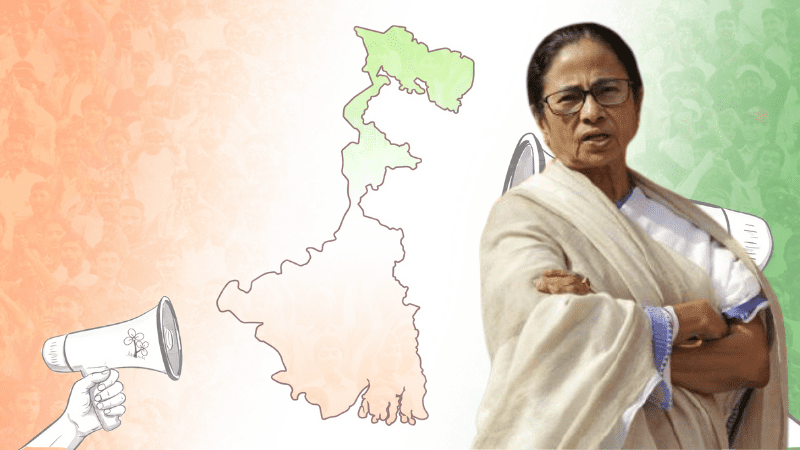
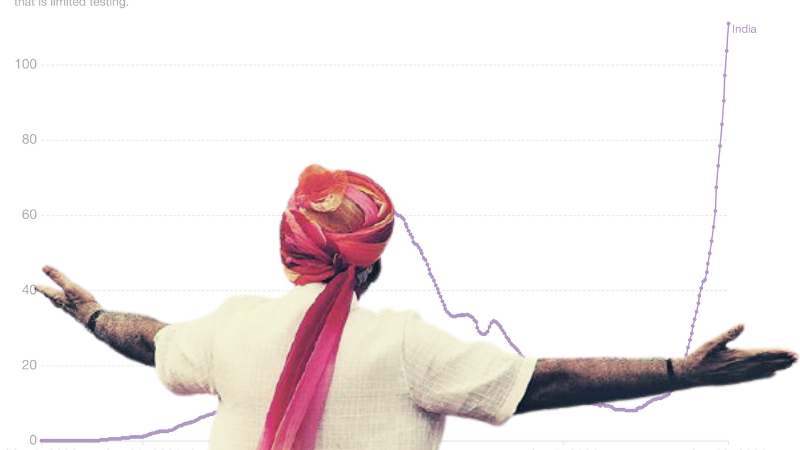

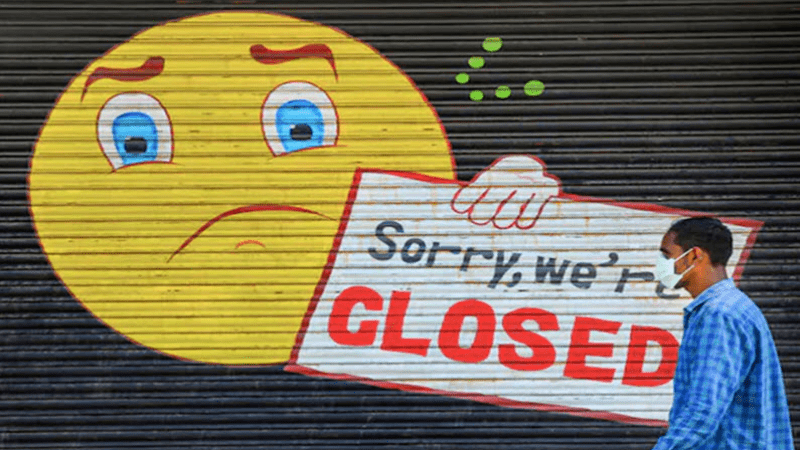

























Add Comment